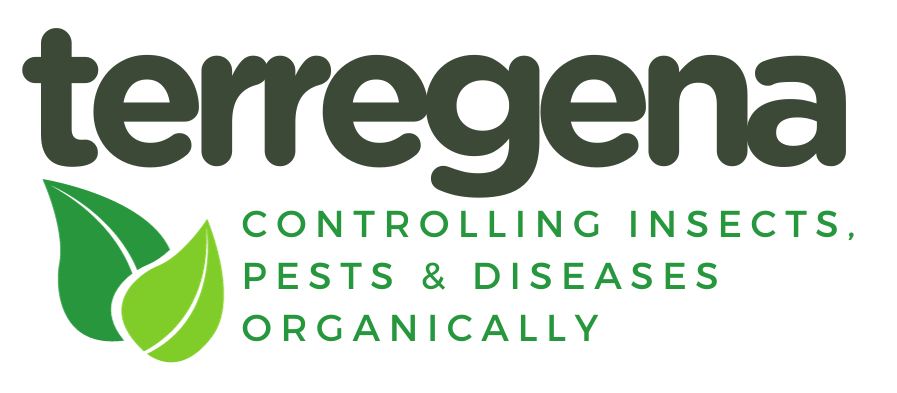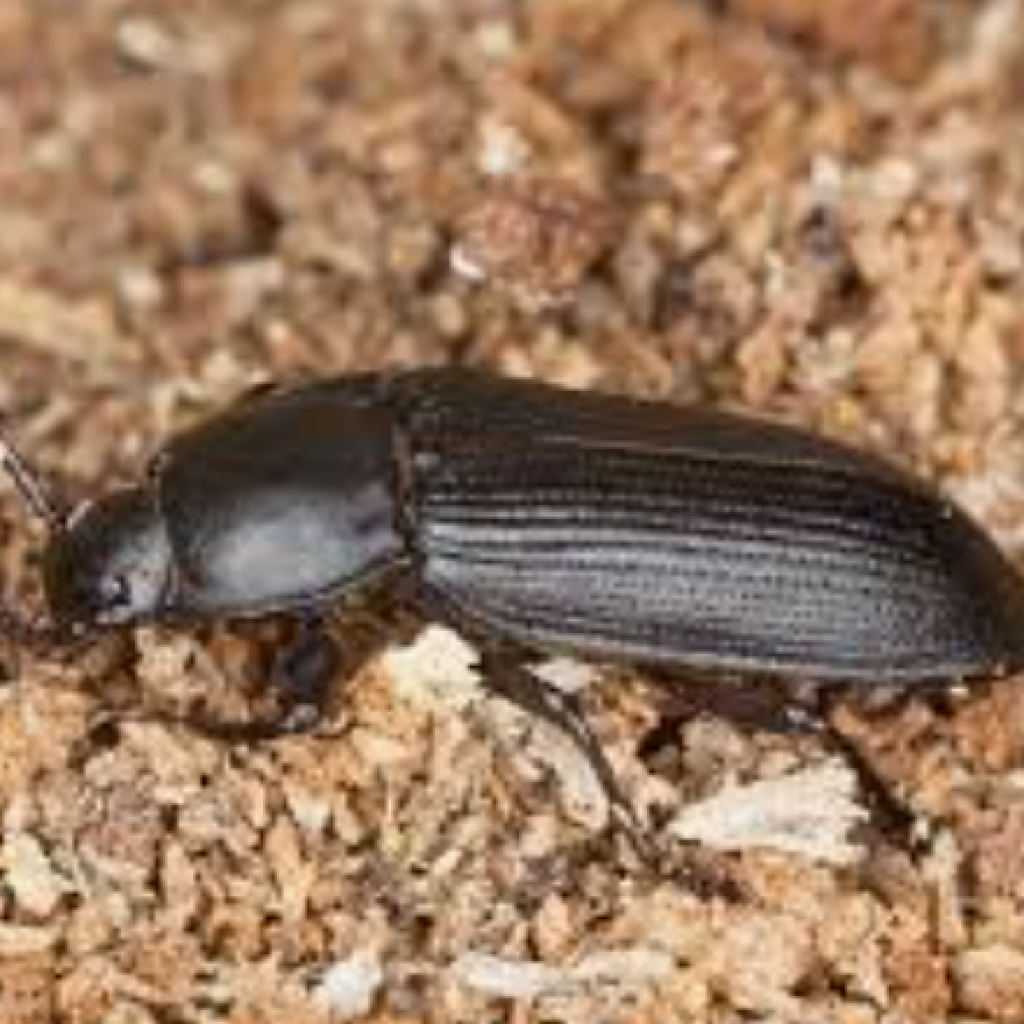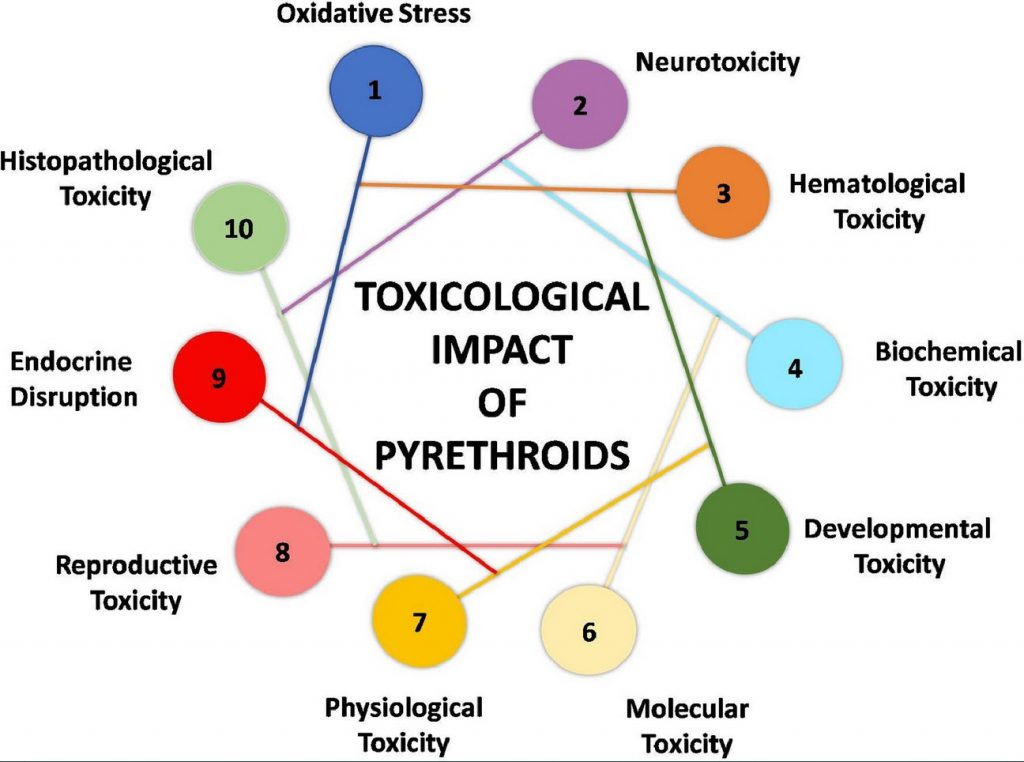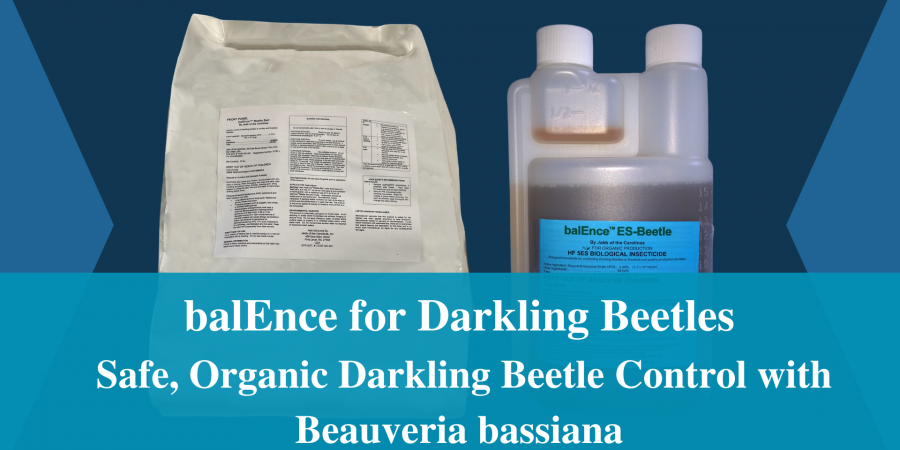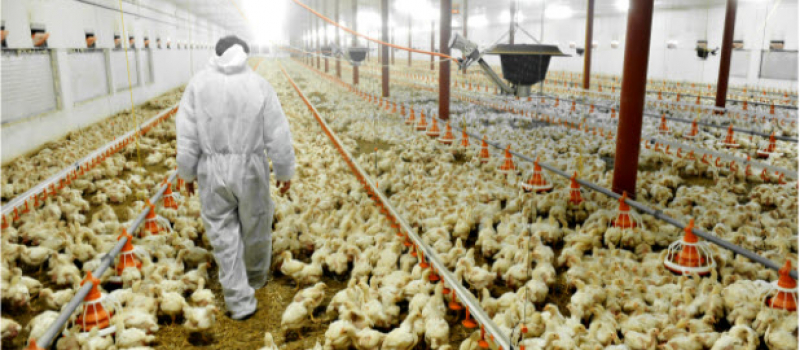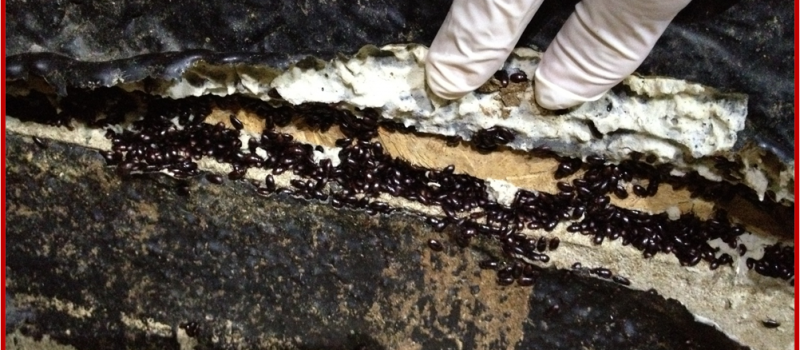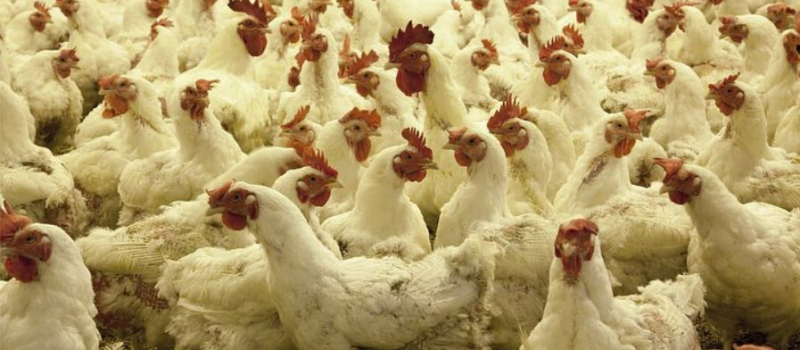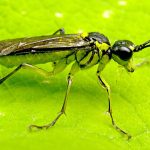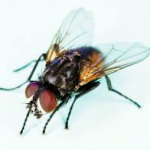Controlling Darkling Beetles Naturally
Natural Solutions for Darkling Beetle Control: How Beauveria bassiana Can Help Your Poultry Farm
If you’re running a poultry farm, you’ve likely encountered your fair share of challenges, and darkling beetles are probably near the top of that list. These small pests can cause big problems—spreading diseases, consuming feed, and even damaging your barn’s insulation. Traditionally, chemical pesticides have been the go-to method for controlling darkling beetles, but these solutions have their downsides. Over time, beetles can develop resistance, and there are concerns about the environmental impact of these chemicals.
That’s where Beauveria bassiana comes in. This naturally occurring fungus offers a more sustainable and targeted approach to beetle control. In this post, we’ll explore how Beauveria bassiana works and why it might be the right solution for your farm.
The Problem with Darkling Beetles
Darkling beetles thrive in the warm, humid conditions of poultry barns. They reproduce quickly, and before long, you can have a significant infestation on your hands. Here’s why these beetles are such a problem:
- Disease Transmission: Darkling beetles are known carriers of various diseases like Salmonella and Campylobacter. As they move through your barn, they can spread these pathogens to your birds, leading to potential outbreaks.
- Feed Consumption: These beetles consume a surprising amount of poultry feed, which can drive up your costs. The more beetles you have, the more feed you’re losing.
- Impact on Bird Health: Young birds are especially at risk. They might eat these beetles instead of their regular feed, which can introduce harmful parasites and diseases into their systems.
Given these issues, it’s clear that controlling darkling beetles is crucial for maintaining a healthy and productive farm.
The Drawbacks of Chemical Pesticides
While chemical pesticides have been widely used to control darkling beetles, they come with challenges:
- Resistance Development: Over time, darkling beetles can develop resistance to chemical pesticides, making them less effective. This often leads to the need for higher doses or more frequent applications, which can be both costly and potentially harmful.
- Environmental Impact: Chemical pesticides can contaminate soil and water, posing risks to the environment. They can also harm non-target species, including your birds, bees, and beneficial insects.
- Short-Term Solutions: Chemical pesticides often provide only a temporary fix. Since beetle eggs can survive for months, multiple treatments are usually required to keep infestations under control.
Beauveria bassiana: A Natural Alternative
Beauveria bassiana offers a different approach to pest control. This fungus specifically targets darkling beetles and other insects, making it a more sustainable and focused solution.
How Beauveria bassiana Works
When you apply Beauveria bassiana in your barn, its spores attach to the darkling beetles. Once the spores are on the beetle, they germinate and penetrate the beetle’s soft tissue. The fungus then grows inside the beetle, eventually killing it.
This process can take anywhere from one to five days, depending on conditions, but it’s highly effective. After the beetle dies, the fungus continues to spread, potentially infecting other beetles.
The Advantages of Beauveria bassiana
- Targeted Action: Beauveria bassiana specifically targets darkling beetles, reducing the risk of harming your birds or other beneficial insects. It’s a focused solution that minimizes collateral damage.
- Reduced Resistance: Because of the way Beauveria bassiana works, it’s much harder for beetles to develop resistance. This means you can rely on it for long-term control without needing to increase application rates.
- Environmental Safety: Being a naturally occurring fungus, Beauveria bassiana doesn’t leave harmful residues in your barn or the environment. It’s a cleaner, greener option that aligns with sustainable farming practices.
- Long-Term Control: The fungus continues to spread after the initial application, providing ongoing control of beetle populations. This can reduce the need for frequent reapplications and help keep infestations in check over time.
- Cost-Effective: While Beauveria bassiana might have a higher upfront cost compared to chemical pesticides, its long-term benefits often outweigh this initial investment. With fewer reapplications and less damage to your feed and infrastructure, it can save you money in the long run.
How to Use Beauveria bassiana Effectively
If you’re considering using Beauveria bassiana on your farm, here are a few tips to get the most out of it:
- Timing: Apply Beauveria bassiana during periods of high beetle activity, such as in warmer months when the beetles’ lifecycle is shorter. Regular applications will help keep their numbers down.
- Targeted Areas: Focus on areas where beetles are most likely to be found, such as under feeders and near walls. These are prime spots for beetle eggs and larvae, making them key targets for treatment.
- Integrated Pest Management: While Beauveria bassiana is effective on its own, it works even better as part of an integrated pest management (IPM) strategy. This might include regular barn cleaning, removing old litter, and using physical barriers to prevent beetle entry.
- Monitoring: Keep an eye on beetle populations and bird health after applying Beauveria bassiana. Regular monitoring will help you assess the effectiveness of the treatment and make any necessary adjustments.
Considerations and Challenges
While Beauveria bassiana has many benefits, there are a few factors to keep in mind:
- Environmental Conditions: The effectiveness of Beauveria bassiana can depend on the environment. It works best in warm, humid conditions, so if your barn is cooler or drier, you might need to adjust your application strategy.
- Patience Required: Unlike chemical pesticides, Beauveria bassiana doesn’t kill beetles instantly. It takes a few days to work, so you’ll need to be patient and give it time to do its job.
Real-World Examples
To illustrate how Beauveria bassiana can be effective, here’s an example from the field:
Case Study: A Large Poultry Farm in the Southern U.S.
A large poultry farm in the southern United States was struggling with a significant darkling beetle problem. After switching to Beauveria bassiana, they saw a marked reduction in beetle numbers after just a few treatment cycles. The birds stayed healthier, feed losses decreased, and the overall maintenance costs for the barn were reduced. Plus, they appreciated the fact that it was a more environmentally friendly solution.
Conclusion: Consider Beauveria bassiana for Your Farm
If you’re dealing with darkling beetles and are looking for a more sustainable, effective solution, Beauveria bassiana could be worth considering. It’s targeted, environmentally friendly, and offers long-term control without the downsides of chemical pesticides.
